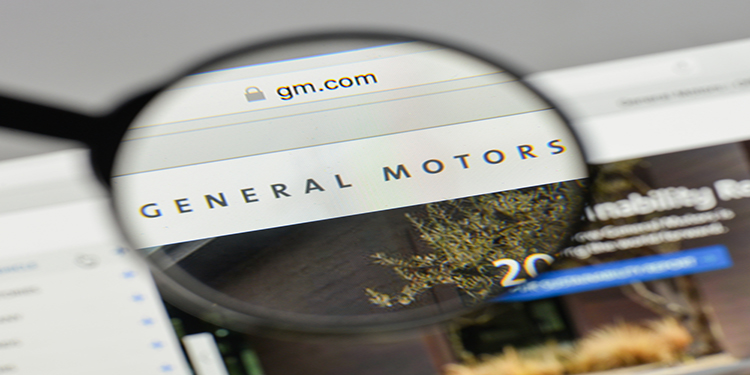The auto industry is at a crossroads. The traffic, however, is disrupting from all directions. Stopped in its tracks by the coronavirus headwind and faced with disruptive new tech such as electric vehicles (EVs) and autonomous vehicles (AVs), industry giants are required to use their imagination to keep up with sector upstarts.
Stay Ahead of the Market:
- Discover outperforming stocks and invest smarter with Top Smart Score Stocks
- Filter, analyze, and streamline your search for investment opportunities using Tipranks' Stock Screener
Well, it appears that the industry heavyweights have read the memo. Last week, General Motors (GM) and Honda announced a consolidation of their partnership to increase profitability in the North American market. The two companies have already been working together on EV batteries, hydrogen fuel-cells and autonomous vehicle technologies, and the new pact will focus on the development of common vehicle platforms, purchasing collaborations and combining R&D efforts, amongst others.
Nomura analyst Anindya Das thinks the new alliance is a “win-win and likely to generate synergies if executed well.” The collaboration, according to Das, represents a “smart solution to tackle some of the main challenges facing the auto industry – namely the cost of complying with low CO2 regulations and developing next-gen automotive technologies – while remaining profitable.”
Specifically looking at GM’s case, the analyst believes the alliance could be a plus for the company’s North American business, yet “at this stage it is too early to quantify the impact.”
Das believes “mass market consumer acceptance of EVs in North America is still 3-5 years away,” resulting in a dependence “on hybrids to bridge the gap” in the meantime.
Das argues more focus on the international market could represent a bigger opportunity.
“We would be more positive if this alliance is extended to other markets such as China, where GM could use Honda’s hybrid expertise to meet NEV quotas (under the revised regulations), instead of solely relying on highly margin-dilutive EVs and PHEVs. Among auto-parts makers, given the focus on electrical architectures, this could be a good opportunity for Aptiv (GM is Aptiv’s largest client) to work with Honda and improve its exposure to Japanese OEMs.”
All in all, Das advises investors to wait on the sidelines for more visibility before turning bullish. To this end, the analyst rates GM a Neutral alongside a $27 price target. This implies shares will drop by 16% the current share price of $32.15. (To watch Das’ track record, click here)
The rest of the Street is rather more optimistic. GE’s Moderate Buy consensus rating is based on 10 Buys, 3 Holds and a single Sell. Over the next 12 months, the analysts expect shares will be selling for a 6% premium, going by the $33.46 average price target. (See GM stock analysis on TipRanks)
To find good ideas for stocks trading at attractive valuations, visit TipRanks’ Best Stocks to Buy, a newly launched tool that unites all of TipRanks’ equity insights.
Disclaimer: The opinions expressed in this article are solely those of the featured analyst. The content is intended to be used for informational purposes only. It is very important to do your own analysis before making any investment.




















